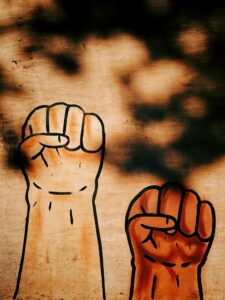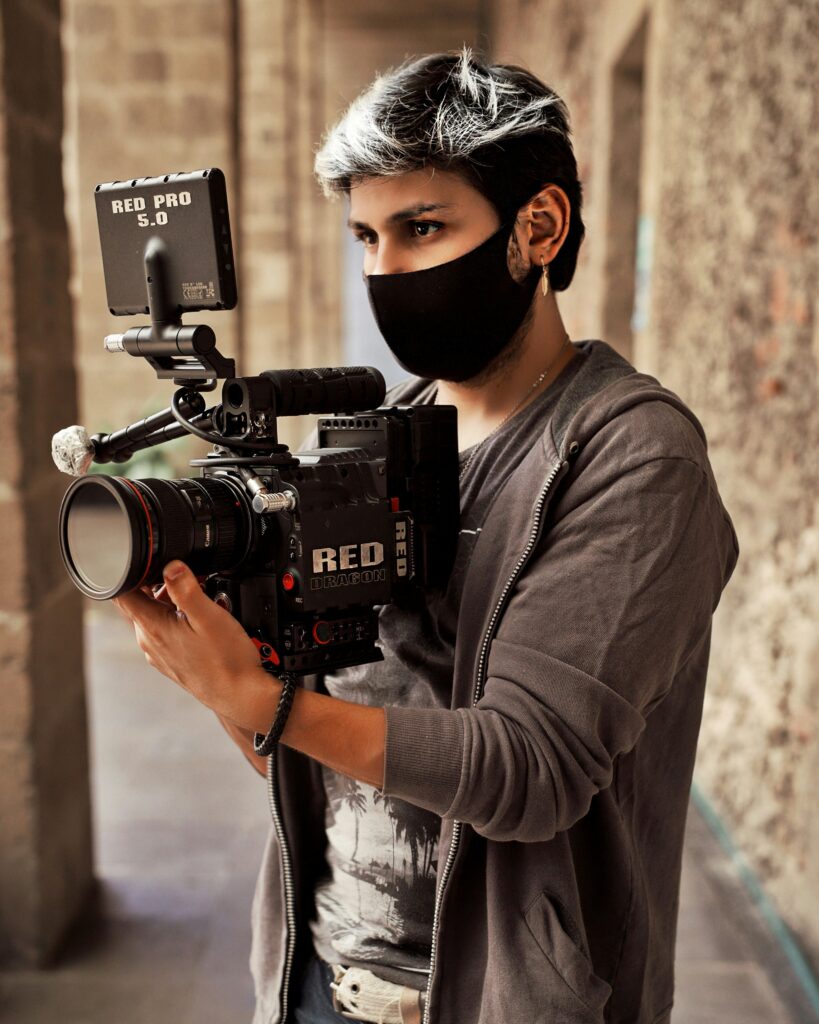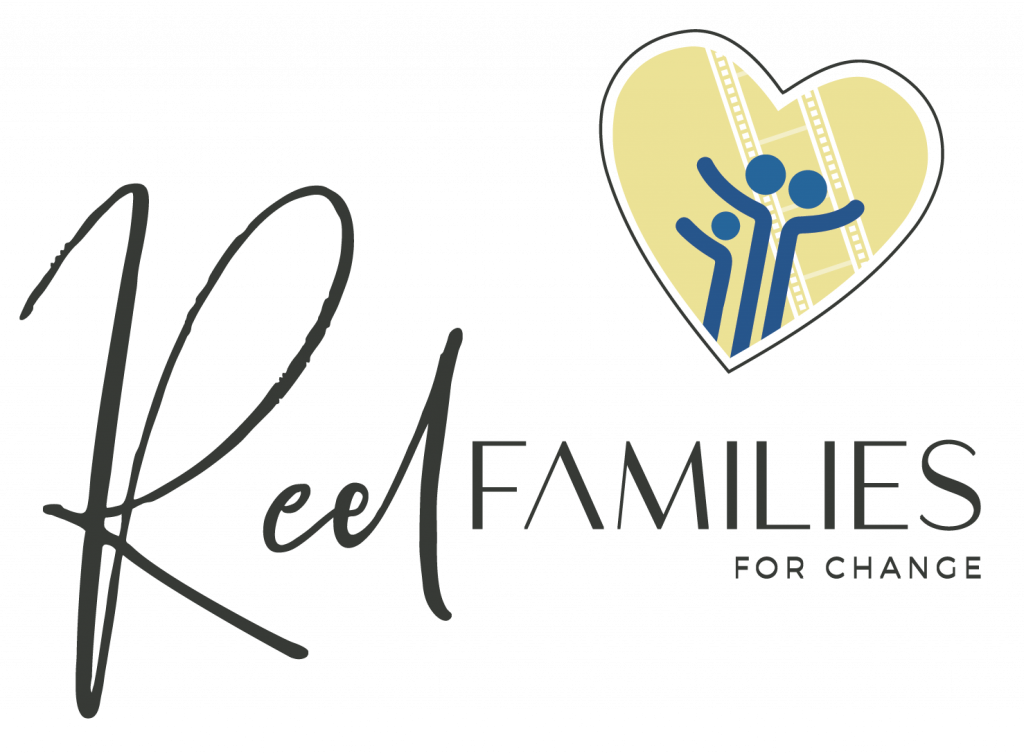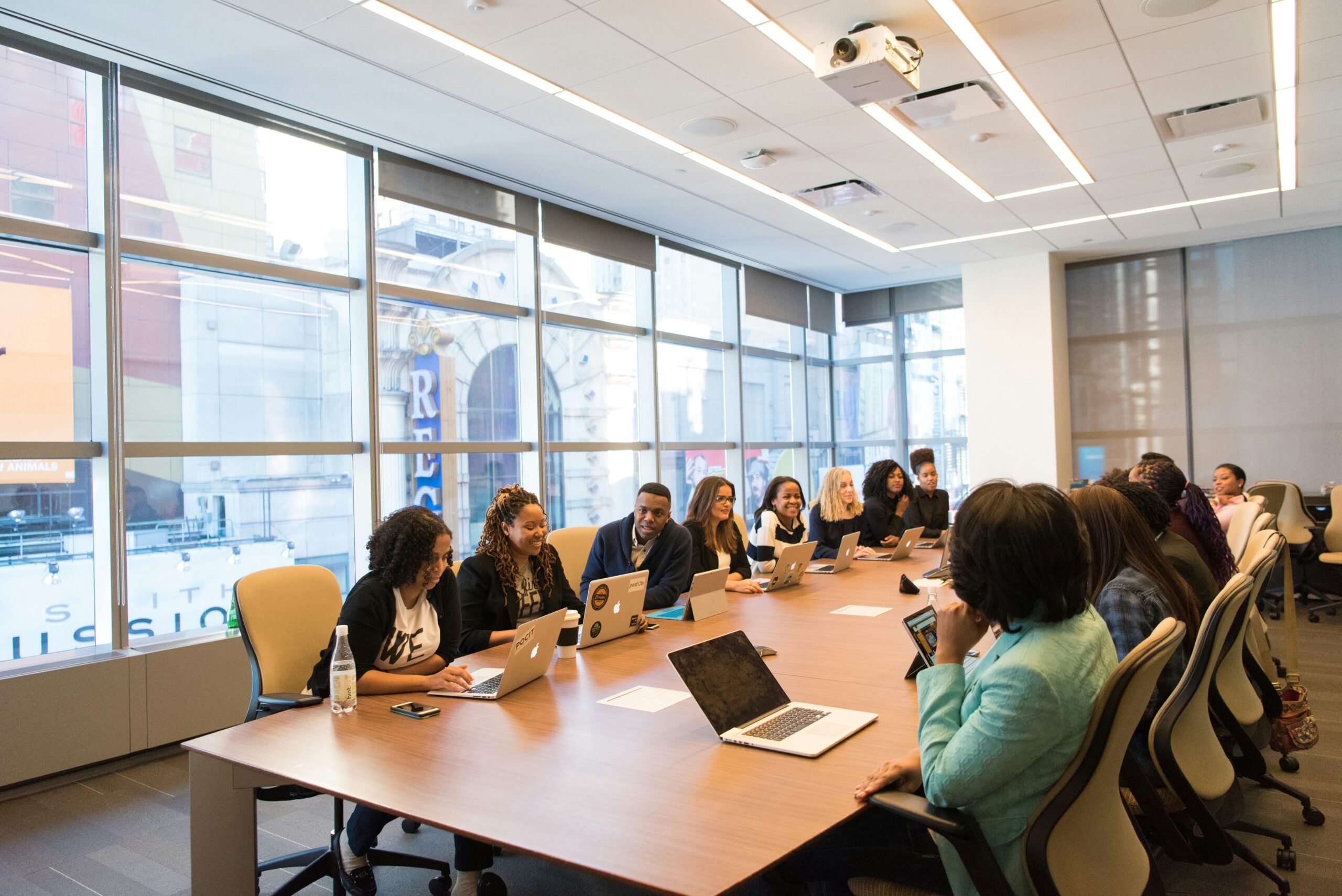The Business Impact of Justice-Centered Screen Production
Written by Sarah Lutot
TL;DR
Three Practical Steps for Justice-Centered Productions:
- Equal Decision-Making: This is possible once trust has been established.
- Clear, transparent communication: Clearly communicate the rationale behind decisions, fostering trust and accountability.
- Creating a Culture of Care: Minor shifts that build trust and foster collaborative and collective ambition over competition. It’s better for the people and it’s better for the paycheck.
Nearly a month after MLK Day and nearing the close of Black History Month, terms like equality, equity, and justice have come up a lot. Indeed, our team here at Reel Families for Change (RFC) is exploring exactly what justice is and how it manifests in the screen industry. As we delve into these new analyses, we are finding that justice and equity are often used interchangeably, leading to misunderstanding and confusion. This lack of clear, coherent implementation has other far-reaching, adverse effects too, with many DEI initiatives lacking true justice-centered practices; rendering them performative rather than transformative.
To better understand the implications of building a justice-centered workspace, we will explore how these considerations can be converted into actionable steps that lead to tangible business impacts like trust and respect; two of the fundamental pillars of sustainable production practices.
What is justice?
Justice involves both recognizing and rectifying systemic inequalities and ensuring that everyone has not only access, but also that everyone is coming into a system that is built for them.
While justice is most universally understood as fairness, The University of Texas breaks down the different meanings in different contexts:

“While justice is important to almost everyone, it means different things to different groups. For instance, social justice is the notion that everyone deserves equal economic, political, and social opportunities irrespective of race, gender, or religion. Distributive justice refers to the equitable allocation of assets in society. Environmental justice is the fair treatment of all people with regard to environmental burdens and benefits.
Restorative or corrective justice seeks to make whole those who have suffered unfairly. Retributive justice seeks to punish wrongdoers objectively and proportionately. And procedural justice refers to implementing legal decisions in accordance with fair and unbiased processes.
Justice is one of the most important moral values in the spheres of law and politics. Legal and political systems that maintain law and order are desirable, but they cannot accomplish either unless they also achieve justice.”
– University of Texas – Austin
How does justice show up in our industry?
Justice does not materialize on its own. Justice manifests through intentional efforts to address deeply rooted historical imbalances. It means actively seeking diverse voices in decision-making roles, telling authentic stories from varied perspectives, and most of all, creating an industry structure that will not only allow access for traditionally marginalized workers but also retain them.
How does justice in the screen industry inform RFC’s work?
RFC is built on the foundation of justice, recognizing that equity discussions in the screen industry sometimes lack this crucial component.
We’ve seen countless attempts at equity without justice, which is inherently performative. The Guardian reported: “The USC’s Annenberg Inclusion Initiative called the entertainment industry’s pledges to promote inclusion ‘performative acts’ and ‘not real steps towards fostering change.’” DEI efforts and pledges often lack a rooted mission and desire for an upheaval of infrastructure. Without this rooted mission, there is no true justice.
We are guided by this example of equity and justice:
We should be looking at these issues from a “systems thinking” approach – taking a step back to assess the bigger picture. Let’s take the screen industry:

- Equity means building an accessible ramp to the entrance of a building.
- Equity without justice means that once inside the building, the only way up is by using the stairs. While equity allows for accessible entrance through the door, there is no room for advancement.
- Justice means asking for the solution from those who are affected by the problem in the first place.
We believe that when equitable action is rooted in justice, it fosters sustainability.
As we navigate the landscape of sustainability in the screen industry, it’s crucial to recognize that the long-term success and well-being of individuals working within it hinge upon justice-centered trust and respect.
When we refer to sustainability here at RFC, it is crucial to recognize that we are not only talking about environmental sustainability. While eco-friendly activities can be part of sustainable media production, what we’re prioritizing is the equitable conducting of the production process. Rooted in empathy and justice, sustainable production practices change the way we work to benefit all involved. By identifying and dismantling structural barriers, we can create an environment where all workers thrive, ensuring both industry and individual career longevity.
What does sustainability look like?
Some examples of sustainable production practices can include, but are certainly not limited to:
- Job-sharing
- This arrangement allows multiple people to share responsibilities to provide flexibility and allows for the prevention of stoppages during production without overworking the screenworkers.
- Employer-supported dependent care
- This assistance, whether a physical care center on-set or financial support, alleviates the challenges associated with full-time care responsibilities while working.
- Accessibility options
- Accommodations like assistive technology, flexible work arrangements, and entirely physically accessible workspaces make working in the screen industry just. Not only access but also retention is key to accessibility.
- Sociocratic leadership
- This decision-making framework emphasizes collaboration, transparency, and distributed authority. Some examples include:
- Circular Organization: Authority is not centralized in a single leader or hierarchy, but rather in circular teams that each have their own domain and decision-making responsibilities.
- Consent Decision-Making: Proposals are considered valid unless objected to by individuals with concerns. This approach encourages active participation and consensus-building. The key here is true open communication and safe spaces for opposition.
- Feedback Loops: Continuous evaluation processes to promote learning, adaptation, and improvement. This includes regular check-ins, performance reviews, and retrospective meetings to enable reflection and room for adjustments.
- This decision-making framework emphasizes collaboration, transparency, and distributed authority. Some examples include:
- Time-sensible workdays
- Studies reveal that beyond 10 hours of work, there are diminishing returns, leading to fatigue, mental strain, and health issues. Capping the day at 10 hours is not only beneficial for workers, but also saves stakeholders money by preventing fatigue-induced accidents and other related medical claims.
Each of these aspects are part of the larger framework that is lateral leadership. Lateral leadership is the process of equal decision-making void of hierarchical operation. How do we implement lateral leadership in productions?

Three Practical Steps for Justice-Centered Productions:
- Equal Decision-Making: This is possible once trust has been established.
- Clear, transparent communication: Clearly communicate the rationale behind decisions, fostering trust and accountability.
- Creating a Culture of Care: Minor shifts that build trust and foster collaborative and collective ambition over competition. It’s better for the people and it’s better for the paycheck.
So what can you do?
- Not sure how to get involved in justice-centered screen production? Join our Slack workspace to join our network of changemakers in the film industry. Let’s come together to hold big business accountable.
- Check out RFC’s resources for approaching your leaders in the screen industry about implementing sustainable set practices.
- Are you a leader in the screen industry looking to implement sustainable production on your set? Tap RFC for support. We provide innovative solutions to help organizations thrive while taking care of their people.





